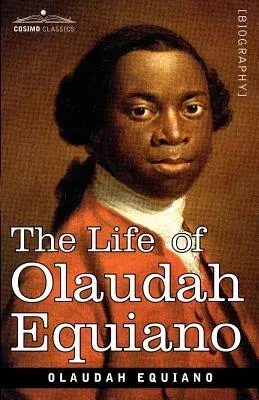Olaudah Equiano
(Author)The Life of Olaudah EquianoPaperback, 15 October 2007

Qty
1
Turbo
Ships in 2 - 3 days
In Stock
Free Delivery
Cash on Delivery
15 Days
Free Returns
Secure Checkout
Print Length
188 pages
Language
English
Publisher
Cosimo Classics
Date Published
15 Oct 2007
ISBN-10
1602068003
ISBN-13
9781602068001
Description
Product Details
Author:
Book Format:
Paperback
Country of Origin:
US
Date Published:
15 October 2007
Dimensions:
21.59 x
13.97 x
1.09 cm
Genre:
African American
ISBN-10:
1602068003
ISBN-13:
9781602068001
Language:
English
Location:
New York, NY
Pages:
188
Publisher:
Weight:
244.94 gm

